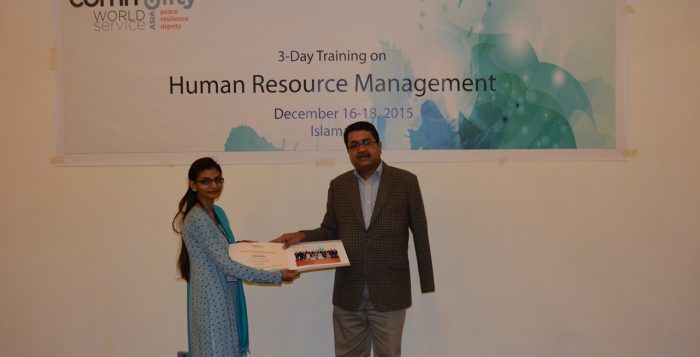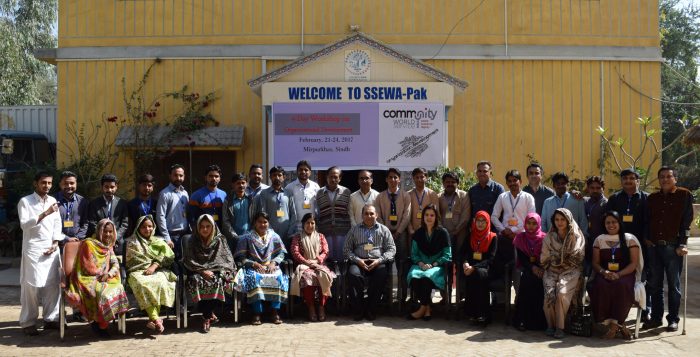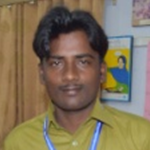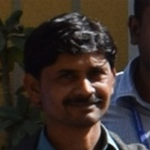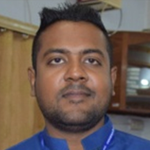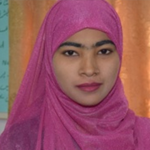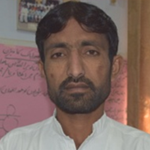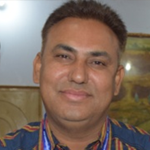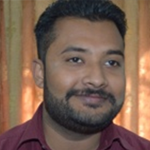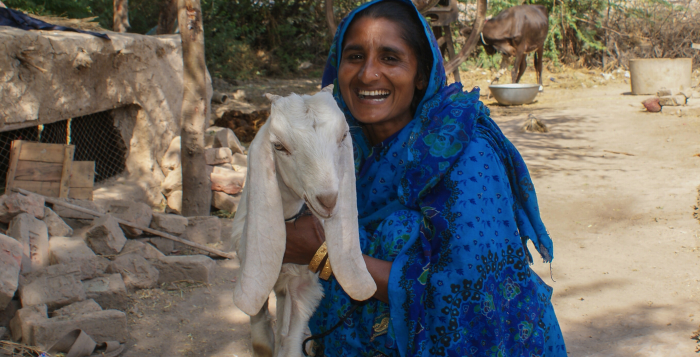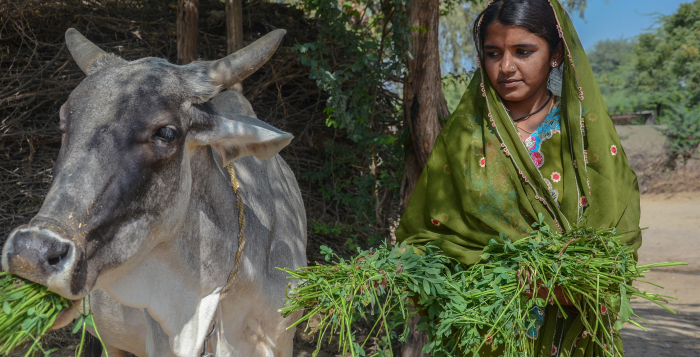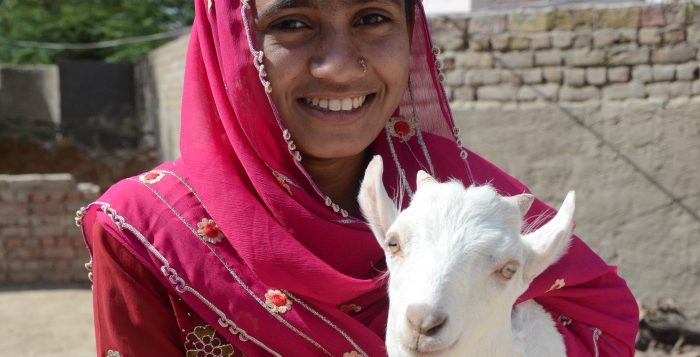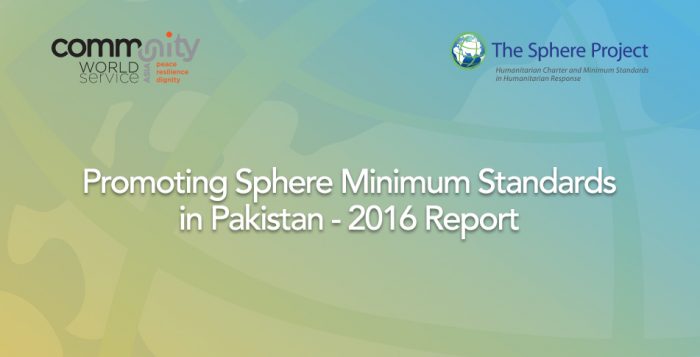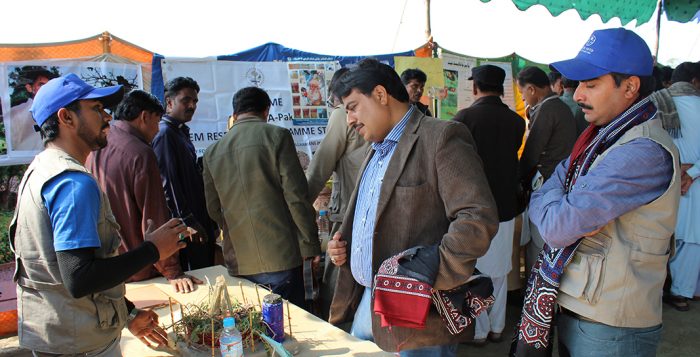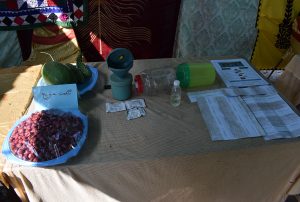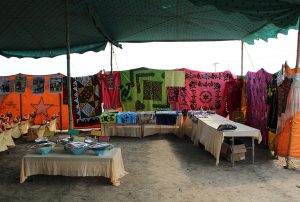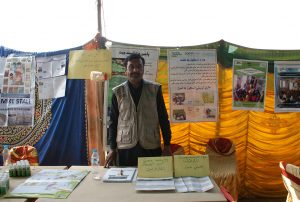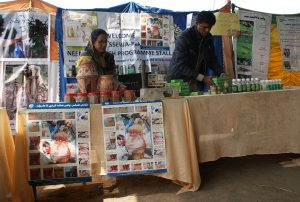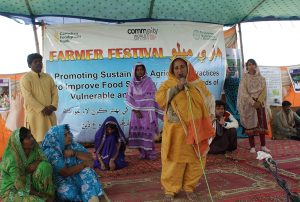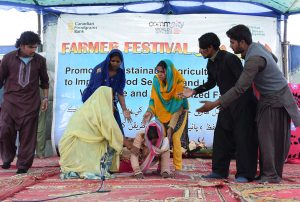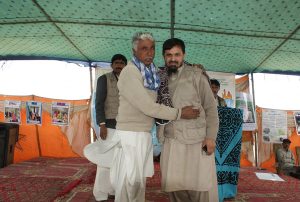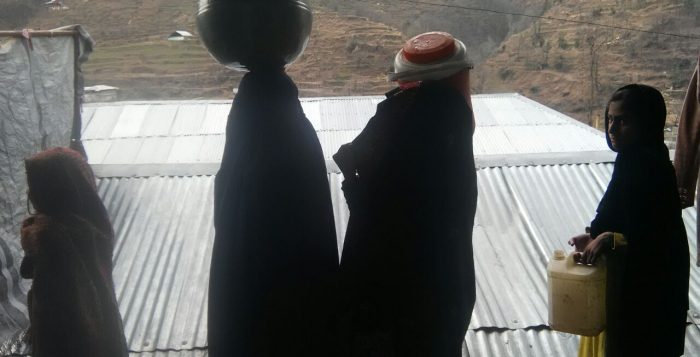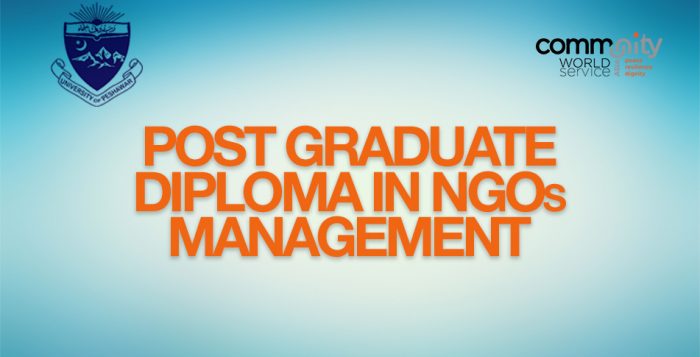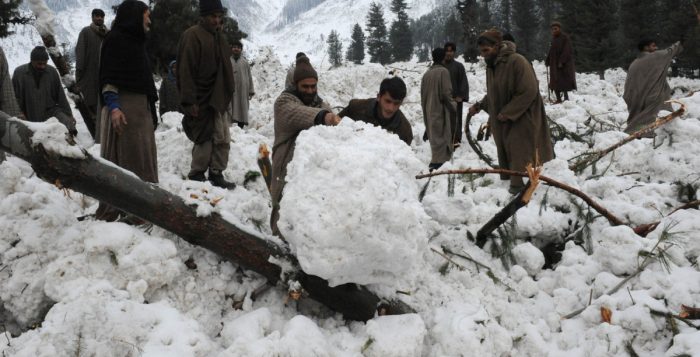The human resources department oversees a number of functions within the organization, including recruitment, training, policy development, staff care, monitoring certain policies and even handling disputes. In addition, the human resource department must keep company employees updated on certain laws, such as gender laws, work safety and discrimination. Therefore, it is essential that all human resource managers and employees are well trained and fully competent for the job.
Nazeef Pervaiz, Senior Program Officer at Mojaz Foundation attended the Human Resource Management (HRM) Training organized by Community World Service Asia in December last year. The training aimed to further improve organizational policies and minimize communication gaps existing between the employers and the employees.
Nazeef joined Mojaz Foundation after graduating in February 2015. She was hired as an Executive in the Micro Finance Project. Nazeef was quite interested in managing human resource, and upon discovering the need of Human Resource Management in the organization she stepped forward to take the job up and set up a human resource department and develop policies and HR related material for Mojaz.
Having limited HR related academic knowledge of the development sector, Nazeef faced some challenges initially. The processes and functions of the development sector HR systems were mostly new to her as her HR experience had been in the corporate sector only. At that time, Nazeef was directly reporting to the CEO of Mojaz as there as there was no dedicated manager to report.
“When I attended the HRM training in Dec 2016, there were a lot of things which we were already implementing. It was the first time for me as a Human Resource professional attending a formal training. As we were already practicing most of the content taught at the training, I took the training as a refresher. They documents introduced were either already in place or informally being practiced within our organization. Mojaz had its HR policy in place, had performance appraisal formats and training formats.”
One of the HR team’s main responsibilities is recruiting and staff development. Human Resource managers develop plans and strategies for hiring the right kind of people. According to Nazeef, the hiring process of Mojaz involved advertising vacant positions, short-listing potential candidates, interviewing, selection and orientation of the employee. The formats of the hiring process were set and followed accordingly. “It was after the training that I realized the drawbacks of our hiring process. While publishing the job vacancy in various newspapers and social sites, we left out a lot of information like benefits and reporting lines in order to publish a short advertisement. The notice period set by our team, which was three to four days, was very short as well. Regarding employee orientation, Mojaz conducted meetings to brief the employee about the rules and regulations of the organization. There was no legal documentation that clearly specified the culture of the organization which the employees were to follow.”
“After the training, we decided to publish complete profiles of the job positions and deliver as much information as possible, including transport, travelling and communication benefits, compensations, reporting lines. The notice time was also increased to fifteen days. In addition, I got the idea of developing an employee orientation handbook. The handbook includes detailed functions of the Human Resource Department. The handbook also includes the functions of other departments existing in the organization. It will enable the employees to develop a clear understanding of all departments and their functions in Mojaz. Regarding cultural development, there were core values followed but they were not documented properly.”
“In the session of Building Organizational Culture, I learnt that there should be a document which builds a clear understanding of the cultural environment followed in the organization. For that reason, I developed a document, namely Dos and Don’ts, for our internal staff. It states what is expected from the employee of the organization from dress codes to employee performance. This brief document will provide knowledge to employees on how best to fit in the organization’s culture.” Nazeef also added that the element of uninformed employees was decreased after the development of the handbook. The handbook is available to employees at all times and Nazeef has planned to provide hard copies of the handbook to all staff in the future as well.
The Human Resource manual was updated. The team also revised all other existing documents of other departments as well. “We hired a consultant for revising our legal documents. We conducted a meeting where we highlighted the existing gaps within the organization. Our organization was fully involved in all the phases of revision- from identification of gaps till proof reading. In addition, we also revised the Standard of Procedures of the HR manual.”
“I felt the need to modify the pay scale and compensation files. Our core project is Micro Finance and for that we have a majority of field staff. Compensation management was discussed in the training and market surveys was identified as the best tool. As a result, we conducted an informal market survey in the month of January. Focusing on Micro Finance, we approached relevant institutions, all our partners and stakeholders and asked them regarding compensation and employee benefits. Hence, we revised our pay scale on the basis of an informal survey. We have planned to include market survey as a tool in our documents for the increments process.”
The training has proven to be very beneficial for Mojaz Foundation, as the learnings were practically implemented, improving the working environment for the employers and the employees as well. On returning from the training, Nazeef drafted a Human Resource Management strategy which is in line for approval. The draft includes various objectives with set targets to achieve in this year. “The document covers various aspects of organizational growth. To develop a paper free environment, we have planned to transform our HR Management Information System into a digitalized one. In the Narowal district, human resource is short and people switch jobs when they get even a trivial salary increase offer. Therefore, to strengthen the commitment level, we planned to engage with universities and offer internship programs for management training and capacity building. We will offer the internees a job position if they perform well.”
“We have now planned to implement the Training Needs Assessment (TNA) tool. After learning about the TNA tool, we have designed a formal TNA for our internal staff to ensure capacity and skill building. Our consultant is preparing a training plan which we are looking forward to execute. We have also included a 90 degree Supervisor Evaluation for the employees to give their feedback on their supervisors and their working relationship. We felt it was important to get feedback from employees regarding their supervisors to measure their satisfaction levels and to see if there were any conflicts. I have designed a 90 degree Supervisor Evaluation Questionnaire which is included in the HR strategy.” The employee relationship and coordination has improved immensely since the training. The revision of documentation and development of new manuals and documentations has lessened the communication gap. Employee turnover has decreased and staff now approach the human resource department for clarifications on HRstrategy.”
The employee relationship and coordination has improved immensely since the training. The revision of documentation and development of new manuals and documentations has lessened the communication gap. Employee turnover has decreased and staff now approach the human resource department for clarifications on HR processes.
“An organization cannot build a good team of working professionals without good Human Resources. And for this, trainings like these should be conducted to set up a strong and effective Human Resource Management,” Nazeef concluded.





